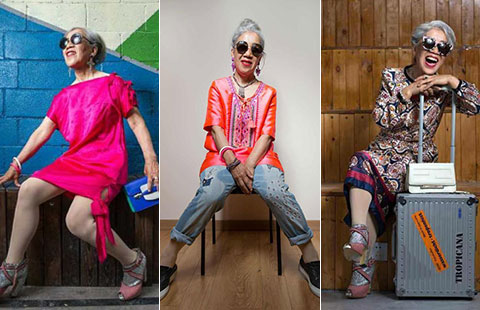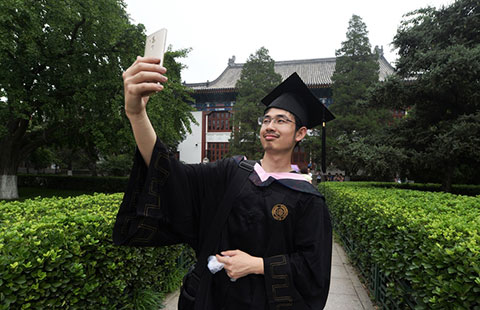Arbitral court not best place for South China Sea dispute settlement: Croatian law expert
(Xinhua) Updated: 2016-07-10 06:44ZAGREB - The Permanent Court of Arbitration in The Hague was not a best place to resolve the dispute between China and the Philippines over the South China Sea, a Croatian law expert said.
Although an international lawyer who has always supported arbitration, he still thought this was a rather complicated case, said Vladimir Duro Degan, an expert of international law and a member of Croatian Academy of Science and Art.
"One sovereign state cannot take legal action against another state in the absence of mutual consent," Degan told Xinhua recently.
"Beijing said it would neither accept nor participate in the arbitration and that is China's right."
There were many similar cases in the international relations which one country refused to participate in the arbitration, he added.
The dispute over the South China Sea was a small but very important segment of the quest for global dominance, said Ante Simonic, former Croatian ambassador to China.
"There is a new world order in the making and the center of tectonic movements are Asia and Pacific region. With all the regional disagreements and differences, there are opposed interests of the United States, the only superpower in the world and the global policeman, on the one side, the regional power China, on the other," he said.
"This dangerously tense and complex situation threatened not only safety of an extremely important maritime corridor but the peace and prosperity in the region, even the whole world," he said.
Therefore, all sides have to act in a wise, responsible and patient manner and gradually find a fair and long-term sustainable solution, he added.
In January 2013, the Philippines unilaterally filed an arbitration case against China over the South China Sea dispute in the Permanent Court of Arbitration. The court has said it will announce it award on the case on Tuesday.
- Typhoon Nepartak leaves six dead, eight missing in east China
- Fifth lighthouse to shine on S China Sea
- Tiangong II laboratory to enter test phase after delivery
- Smaller rivers proving the bigger challenge
- Foreign experts marvel at rapid development of Tibet
- Identical natural quadruplets born in Shanghai: 1 in 13 million
- China's second space lab Tiangong-2 reaches launch center
- Arbitral court not best place for South China Sea dispute settlement: Croatian law expert
- Growth stable, meets expectations, Xi says
- Tibet forum: Road to progress










